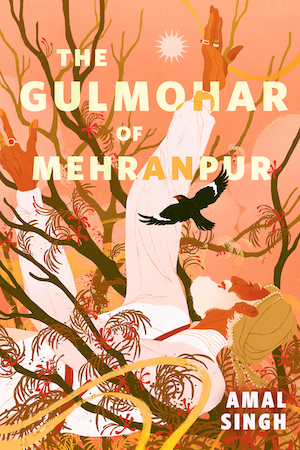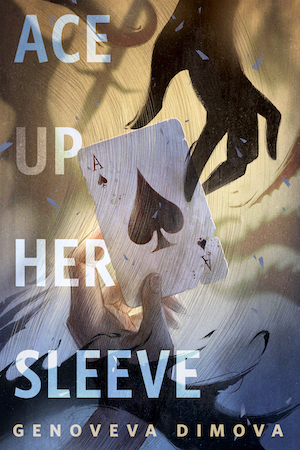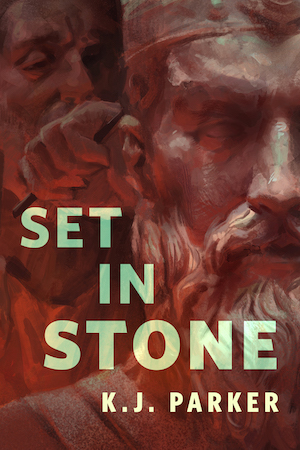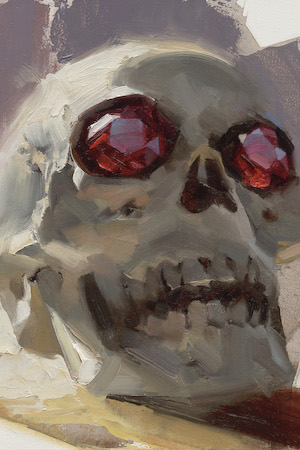When you’re trying to get something done, other people often get in the way. “If only an ill-fated physics experiment, deadly space cloud, or liberally wielded Phantom Zone Projector would rid the world of all humans but me, I could definitely finish that bathroom spackling project without interruption!” one might muse.
Be careful there. A world without people would be worse than a world with interfering people. You might want to consider the following five cautionary tales.
Earth Abides by George R. Stewart (1949)
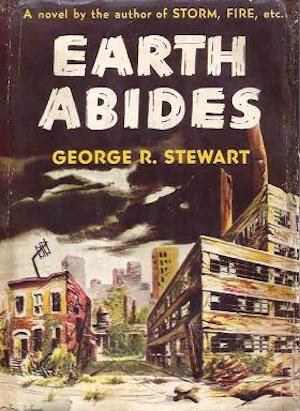
While doing fieldwork alone, Isherwood “Ish” Williams is bitten by a rattlesnake. After a solitary convalescence, Ish returns to civilization, only to discover towns and cities empty save for corpses. A deadly new strain of measles has swept the world. The human race is extinct… almost.
Although Ish is comfortable enough by himself, he knows that a lone person can die from otherwise minor mishaps. Groups are safer. Groups (or at least the right group) might even possess the means by which civilization could be rebuilt. But as Ish discovers, survivor communities may be too small to preserve vital skills.
Stewart’s narrative could be called The Social Equivalent of Island Biogeography: a Novel. Although the focus is on Ish and the rest of his Tribe, there are other groups of survivors. Each of them possesses a different tiny subset of pre-collapse skills. The resulting societies are, from the brief glimpse we get of them, very different from each other.
“Time Enough at Last” by Lynn Venable (1953)
(Originally published in If, January 1953) Meek bank clerk Henry Bemis loves reading. But he has little time to read. His demanding wife Agnes is very active; she socializes, watches lots of TV, and wants Henry to share her pursuits. She does not love or value reading. If the vigilant housewife notices Henry reading, she redirects his efforts to something she deems more productive or amusing (to her).
Enter the solution to all work and marital problems: global thermonuclear war. Henry is in the bank’s vault when the bombs go off. He alone survives. Too bad for everyone else, but Henry finally has all the time he needs to read. Except there’s one small complication.
Fans of the old Twilight Zone episode based on this may have wondered, as I did, why Henry didn’t just (apologies for spoilers…) hold the books very close to his eyes? This is actually addressed in the original story. His particular condition is so odd and difficult that there is only one specialist who can supply glasses that work for Henry. Or, there was one specialist, until the bombs fell.
Z for Zachariah by Robert C. O’Brien (1974)
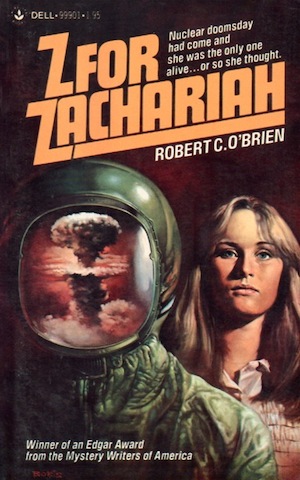
The valley in which the Burden farm lay was spared incineration due to isolation. It escaped fallout by a quirk of geography and weather. Fifteen-year-old Ann Burden’s family did not return from an ill-fated attempt to find survivors in the wasteland beyond the valley. Ann alone remained in the valley. Ann alone survives.
Then one day, Loomis appears, clad in a radiation-proof suit. At first, Loomis tries to ingratiate himself to Ann. His superficial charm is a façade. Loomis covets the valley and all in it, including Ann. If Ann does not want to cooperate? Loomis will make her cooperate. If only Ann’s family were still with her to help.
Yes, this book is by the same author who wrote Mrs. Frisby and the Rats of NIMH. Don’t expect the same humor or positive worldview. At least this book is more upbeat than Old Yeller or Barefoot Gen… but not by much.
The Big Snit by Richard Condie (1985)
In this animated short film, the Husband could (and does) list the Wife’s many flaws, not least of which is her habit of removing and noisily shaking her eyes. The Wife could (and does) respond with an even longer list of the Husband’s flaws: his incessant sawing, cheating during board games, and worst of all, refusal to admit cheating even when caught. Small wonder the angry couple retreats to different rooms.
But… just as Scrabble is no fun as a solitaire game1, life isn’t much fun spent alone. It does not take the Husband long to miss the Wife. Can sentiment and terrible concertina music win her back? Or will the terrifying events transpiring around the oblivious couple render his effort moot?
The Husband and the Wife own a cat and a bird, neither of whom made it into the synopsis above. Too bad, because the cat, whom I guess is named the Cat, gets a lot of amusing business, even if it does not get many lines2.
The Big Snit can be watched here, if you happen to be in Canada, courtesy of Canada’s National Film Board.
Giant Spider & Me: A Post-Apocalyptic Tale by Kikori Morino (2016 onward)
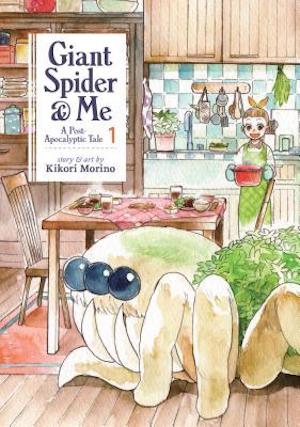
Child protective services would no doubt disapprove of Nagi’s father, who left twelve-year-old Nagi alone… were there any child protective services remaining after a never-explained apocalypse. Most humans are dead. No government will intervene to retrieve lonely Nagi from rustic isolation.
Enter Giant Spider. Giant Spider probably isn’t a spider, but it is certainly giant, the size of a small bear. Fortunately for Nagi, the arachnoid is not anthropophagus. For others, the Giant Spider might be the stuff of nightmares. For Nagi, it is what she craves most: company.
The Giant Spider has huge fangs and some sort of trunk or tentacle. Definitely not a spider. Also, definitely sufficiently spider-like to trigger phobias. Too bad, because this is the most heart-warming manga about a young girl and her WHAT THE HELL IS THAT?! that readers are likely to encounter.
Of course, this is a very small sample of stories underlining solitude’s drawbacks. I didn’t even mention London’s “To Build a Fire.” Feel free to mention other such works in comments below.


